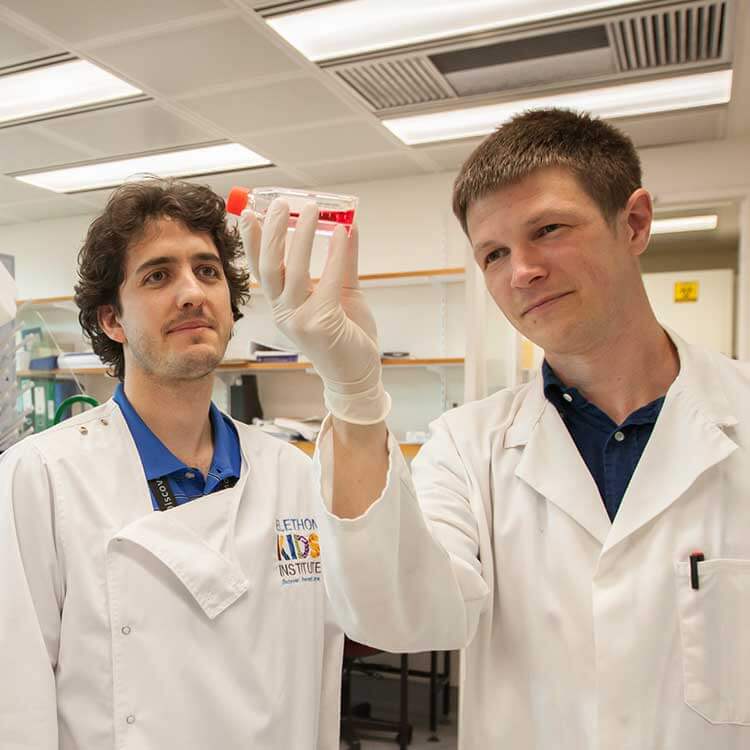Search
Research
Defective aeroallergen surveillance by airway mucosal dendritic cells as a determinant of riskA hallmark of atopic asthma is development of chronic airways hyper-responsiveness (AHR) that persists in the face of ongoing exposure to perennial...
Research
Virus infection and allergy in the development of asthma: What is the connection?Information is accumulating which implicates airway inflammation resulting from respiratory viral infections, acting against a background of atopy.
Research
Inert 50-nm Polystyrene Nanoparticles That Modify Pulmonary Dendritic Cell Function and Inhibit Allergic Airway InflammationNanoparticles are being developed for diverse biomedical applications, but there is concern about potential to promote inflammation, particularly in the lungs.
Research
T regulatory cells in childhood asthmaAsthma is a chronic disease of the airways, most commonly driven by immuno-inflammatory responses to ubiquitous airborne antigens.
Research
Boosting airway T-regulatory cells by gastrointestinal stimulation as a strategy for asthma controlThe hallmark of atopic asthma is transient airways hyperresponsiveness (AHR) preceded by aeroallergen-induced Th-cell activation.
Research
UV exposure and protection against allergic airways diseaseAsthma is a chronic inflammatory disease of the small and large conducting airway mucosa characterised by Th2 cell immunity.
Research
Identification and Isolation of Rodent Respiratory Tract Dendritic CellsThis chapter describes the preparation of respiratory tract tissue from both mice and rats for the isolation of respiratory tract dendritic cells (RTDC).

The Pregnancy and Early Life Immunology team's overall research vision is targeted towards understanding immunological development during early life.
Research
Early biomarkers predictive of autismThis study aims to investigate the cellular and molecular profiles of the immune system in infants at high/low risk for Autism, as determined through clinical assessment.
Research
Epigenetic changes underpinning allergen sensitization: a twin-based studyWe are studying immune cells from identical twins of which one suffers and one does not suffer from allergic disease to identify specific mechanisms that may play important roles in disease development.
